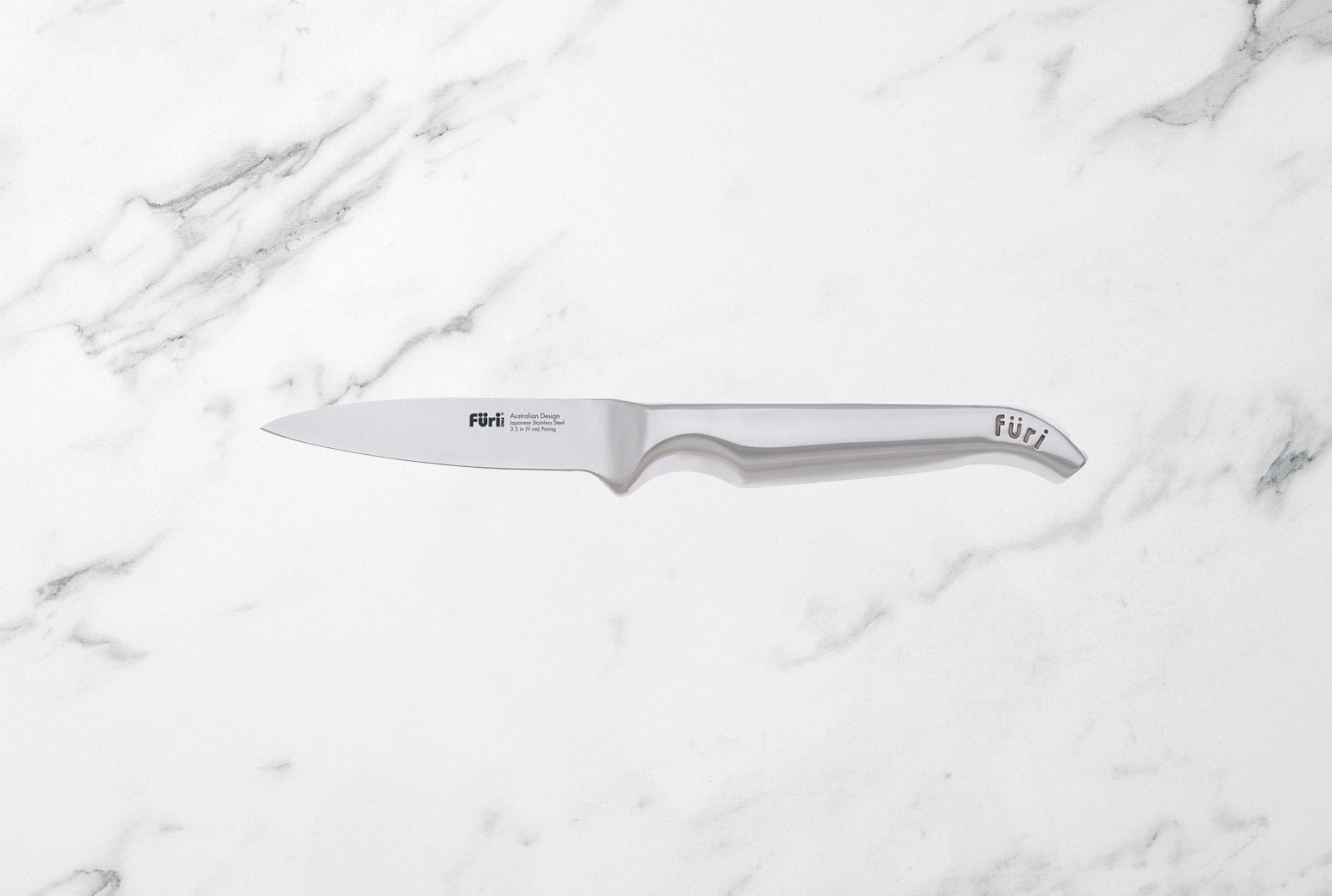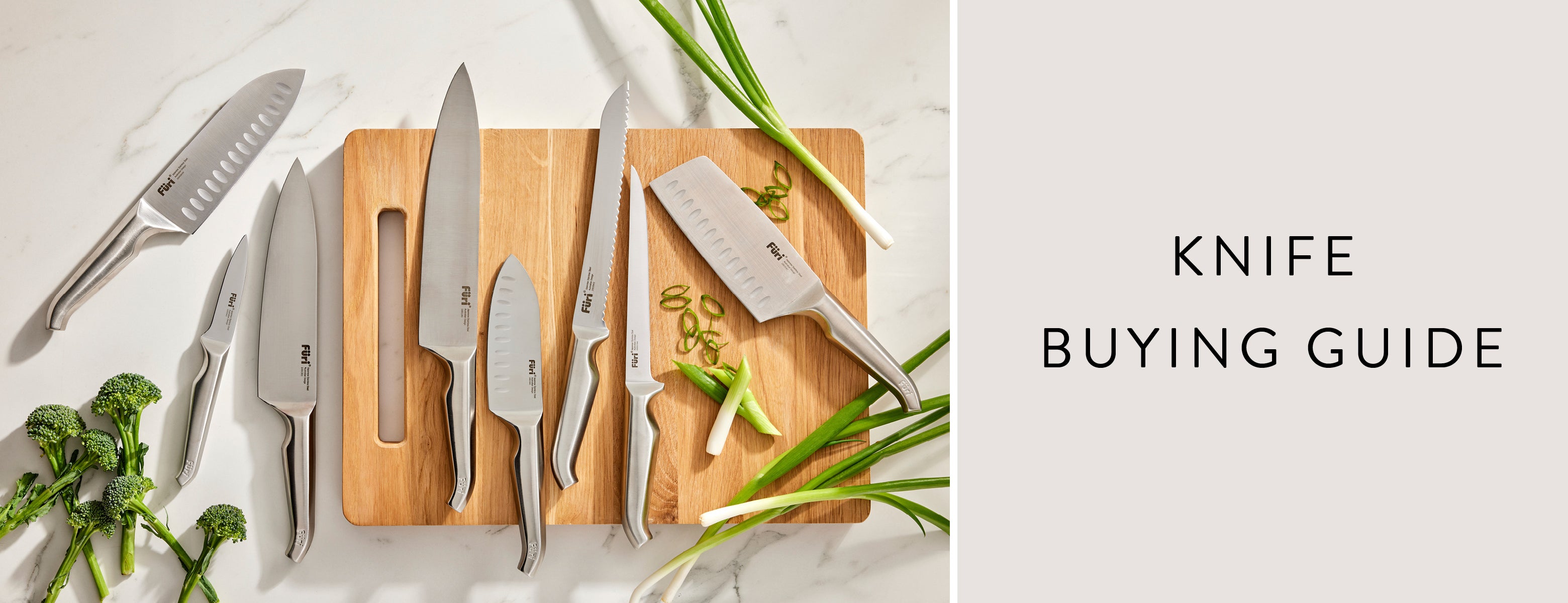
No matter what you are cooking, knives are at the heart of your kitchen.
Whether you are looking to update your current knives or starting to build a knife set, let us help you choose the best knife for the job.
Explore our carefully curated range of knives in-store or online.
MEET THE KNIVES
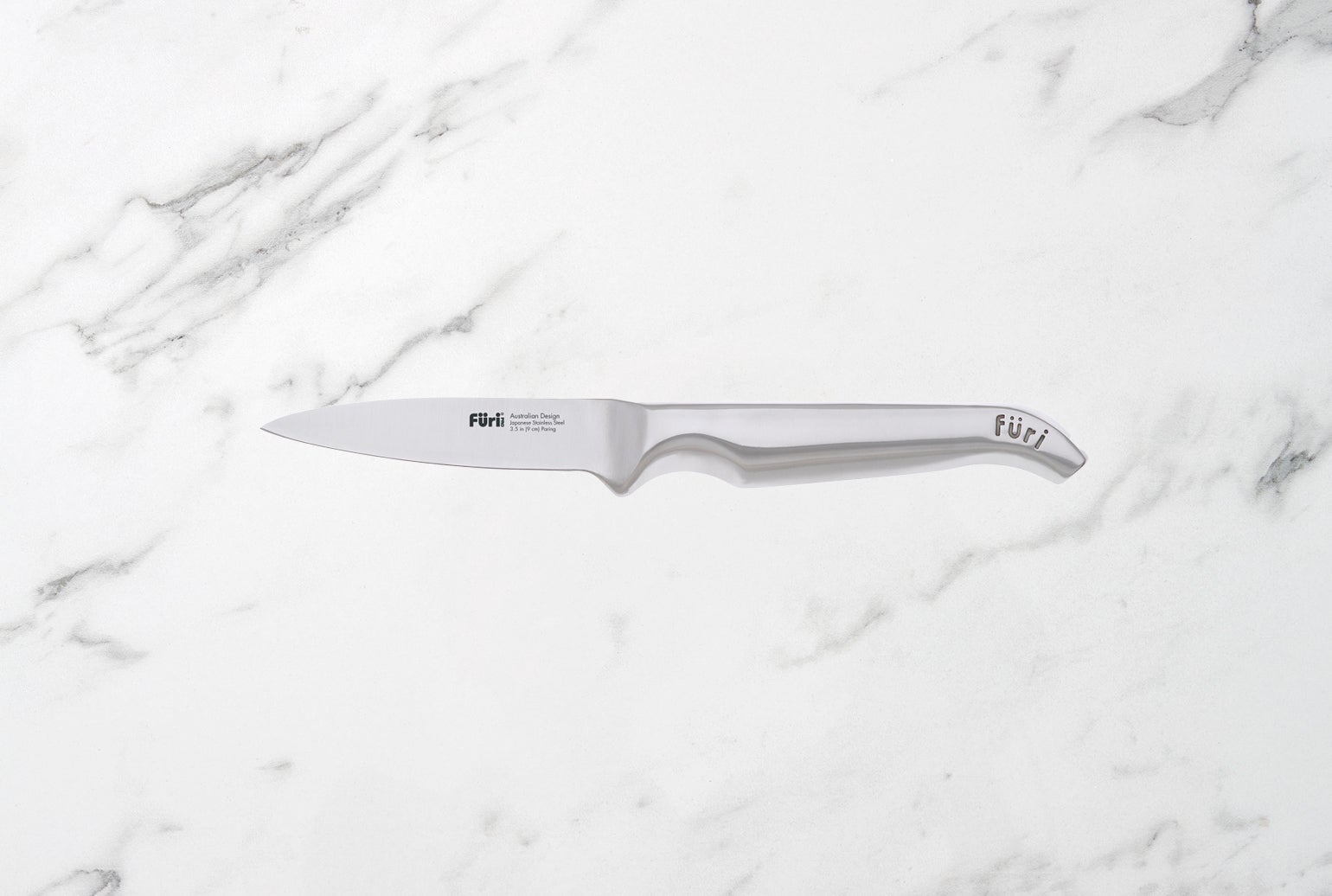
Paring Knife
A staple for any kitchen. Perfect for peeling, slicing, coring and turning small fruit & vegetables into works of art. Designed & engineered for precision cutting.
SHOP NOW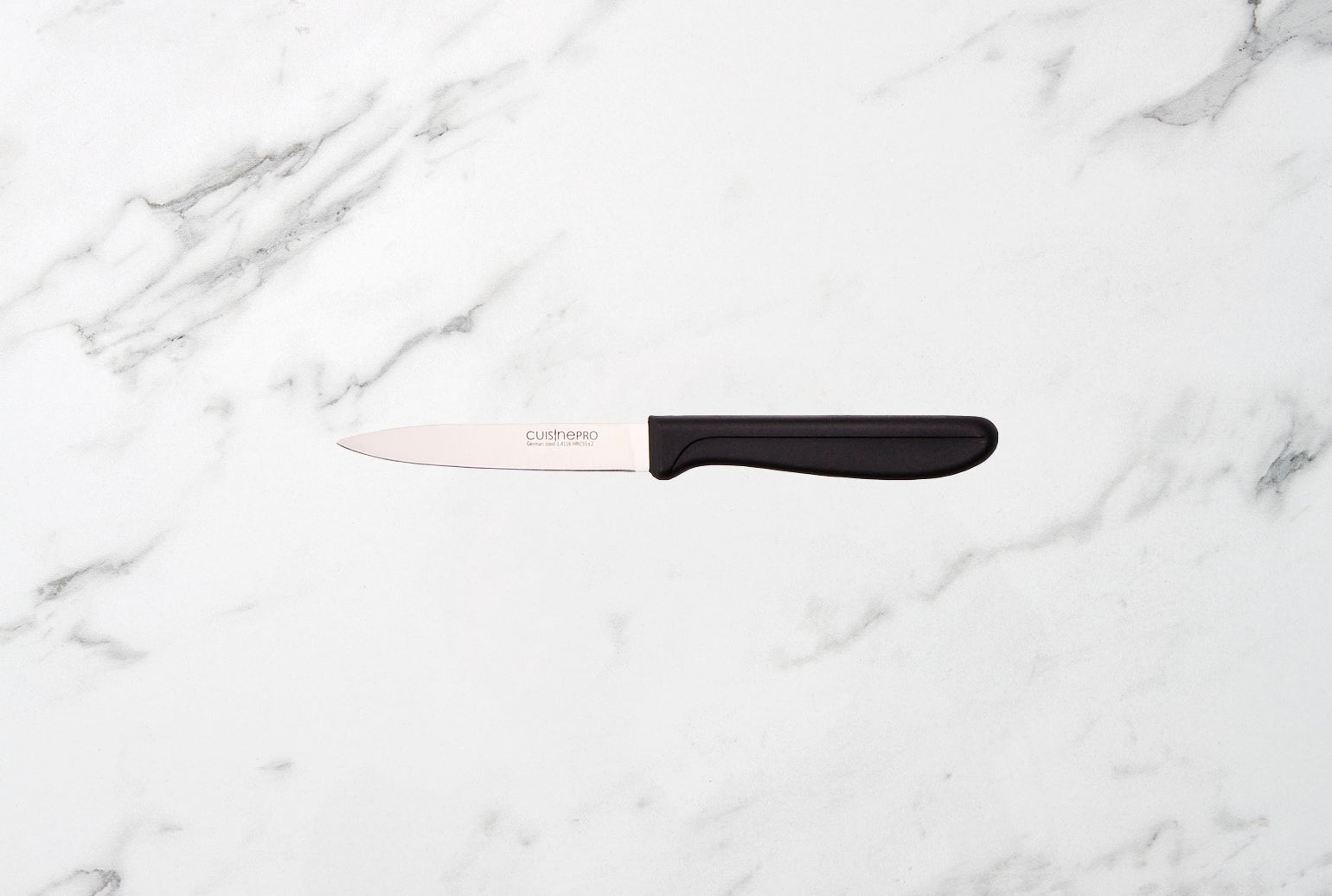
Utility Knife
An everyday preparation knife that excels at slicing and trimming meat, fruit, small vegetables, herbs and cheeses. A utility knife is a versatile go-to-knife.
SHOP NOW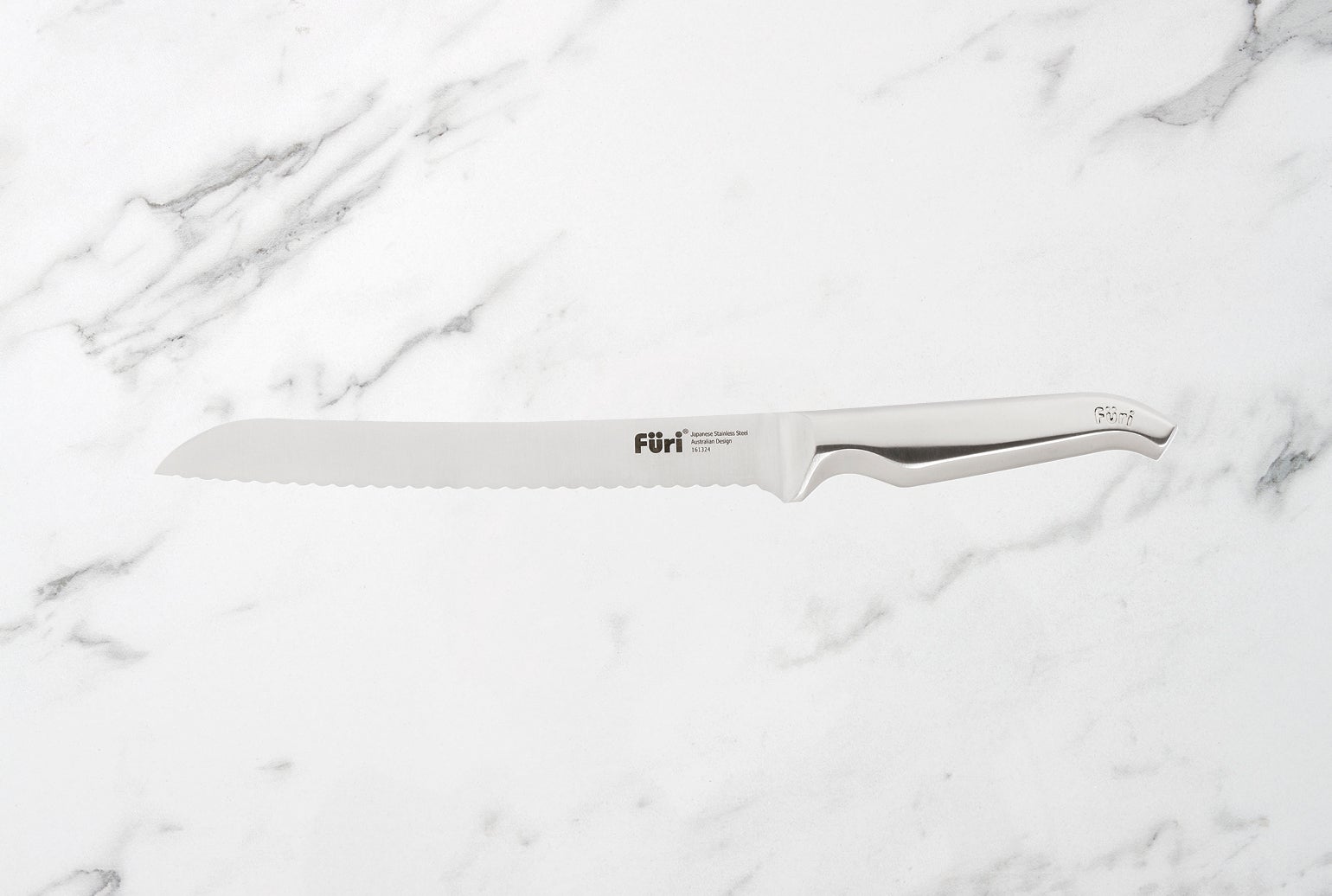
Bread Knife
Slices without tearing. Designed with rounded serrations to stay sharper for longer. These perfect serrations mean a smooth cut on your sourdough, rye or pane de casa.
SHOP NOW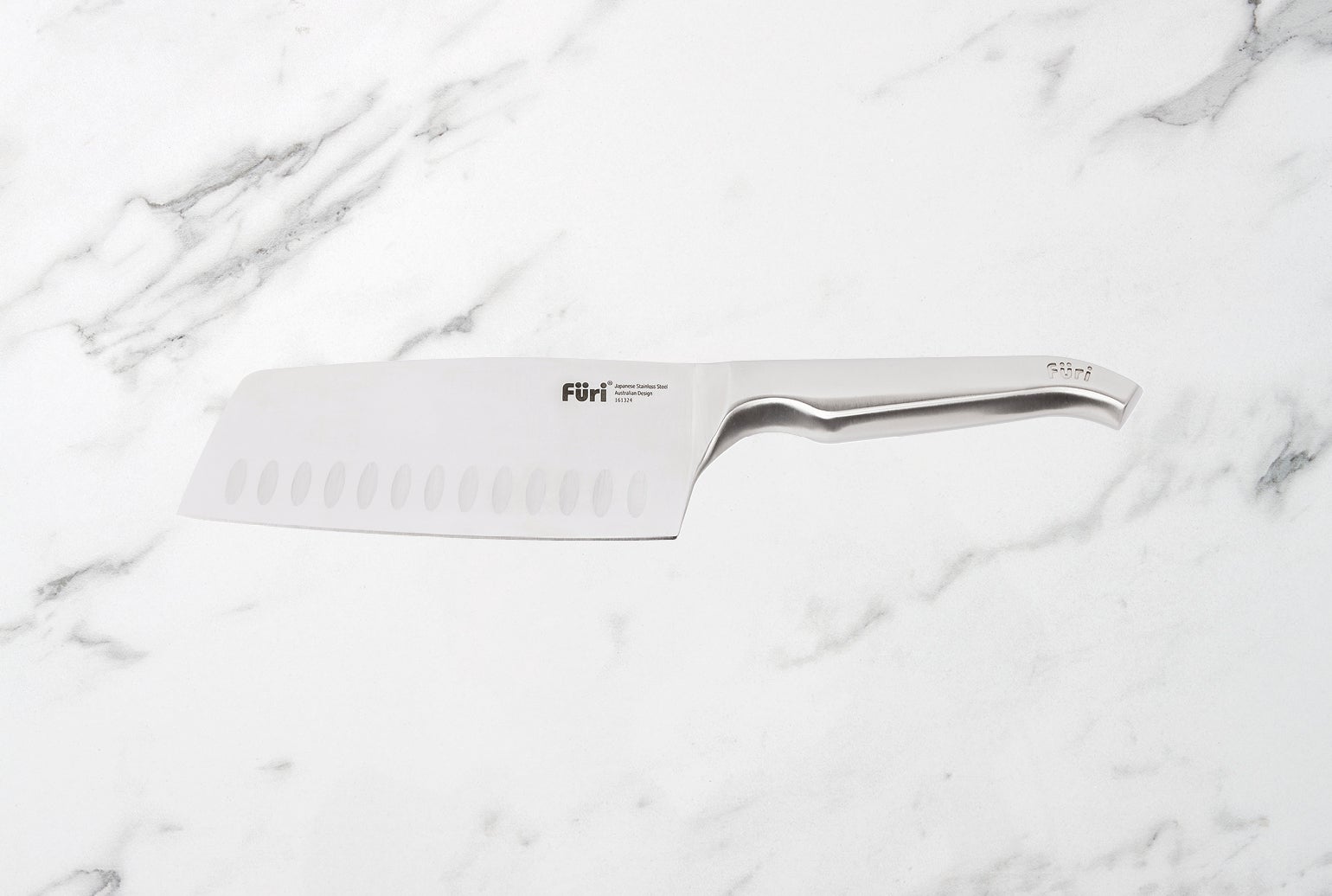
Asian Vegetable Chopper
This knife makes light work of heavy vegetables thanks to its wide blade and super sharp edge. Its width also makes it great for crushing garlic and transferring food.
SHOP NOW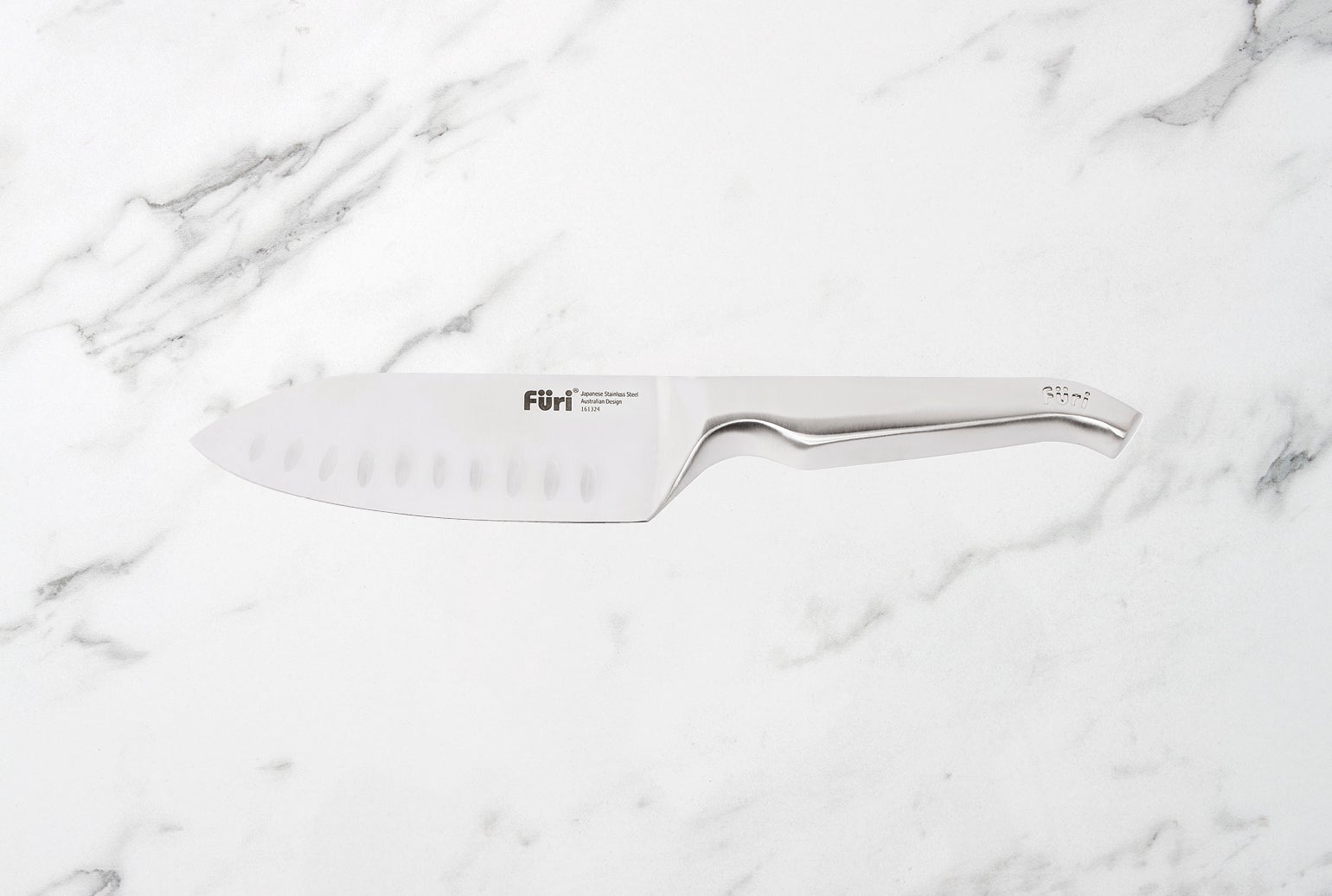
Santoku Knife
The chef's knife means business. Meaning '3 Benefits' in Japanese, the Santoku knife combines functionality, manoeuvrability & versatility to help you cut, slice and chop like a professional. The small hollows on the sides of the blade create small air pockets to improve separation of food from the blade and reduce cutting friction.
SHOP NOW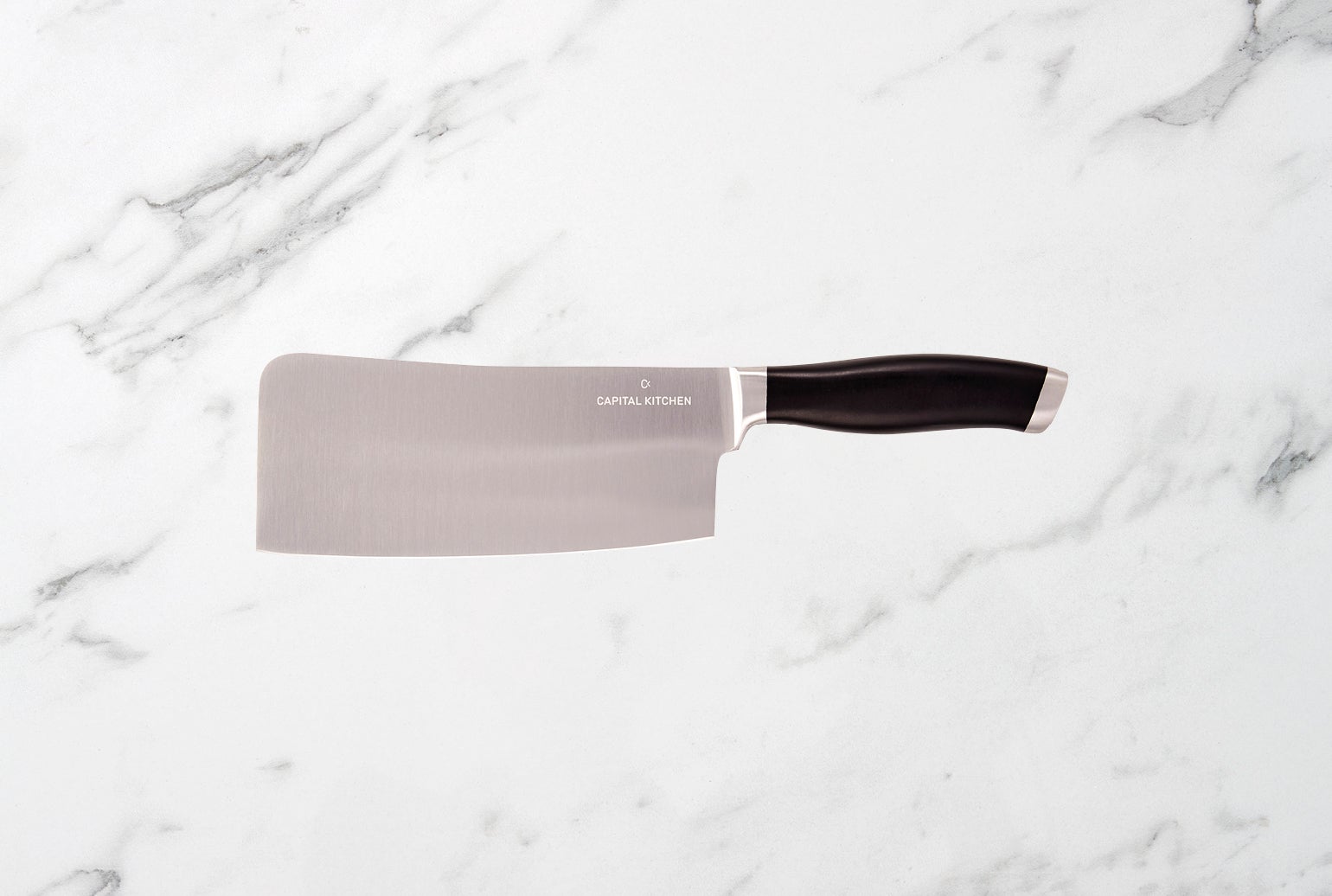
Cleaver Knife
Cleavers can be used in three ways: Sharp edge to cut and break through meat bones; Blunt top edge designed for pounding and tenderising meat; Flat side of blade is ideal for pressing garlic and ginger.
SHOP NOW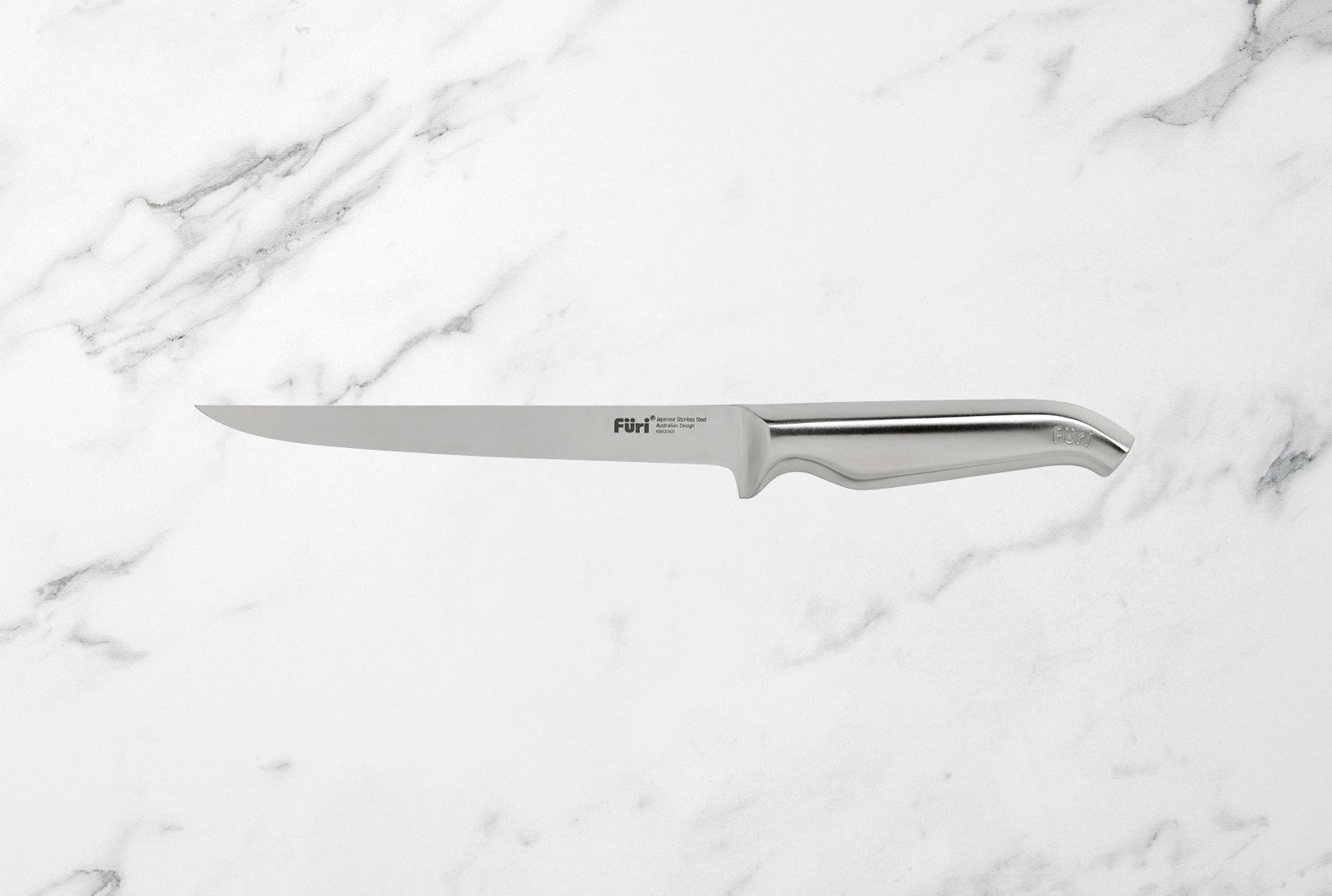
Filleting Knife
Featuring a thin blade for optimal flexibility and a tapered point to enable precision cuts, whether it is removing a side of salmon or working around bones and joints.
SHOP NOW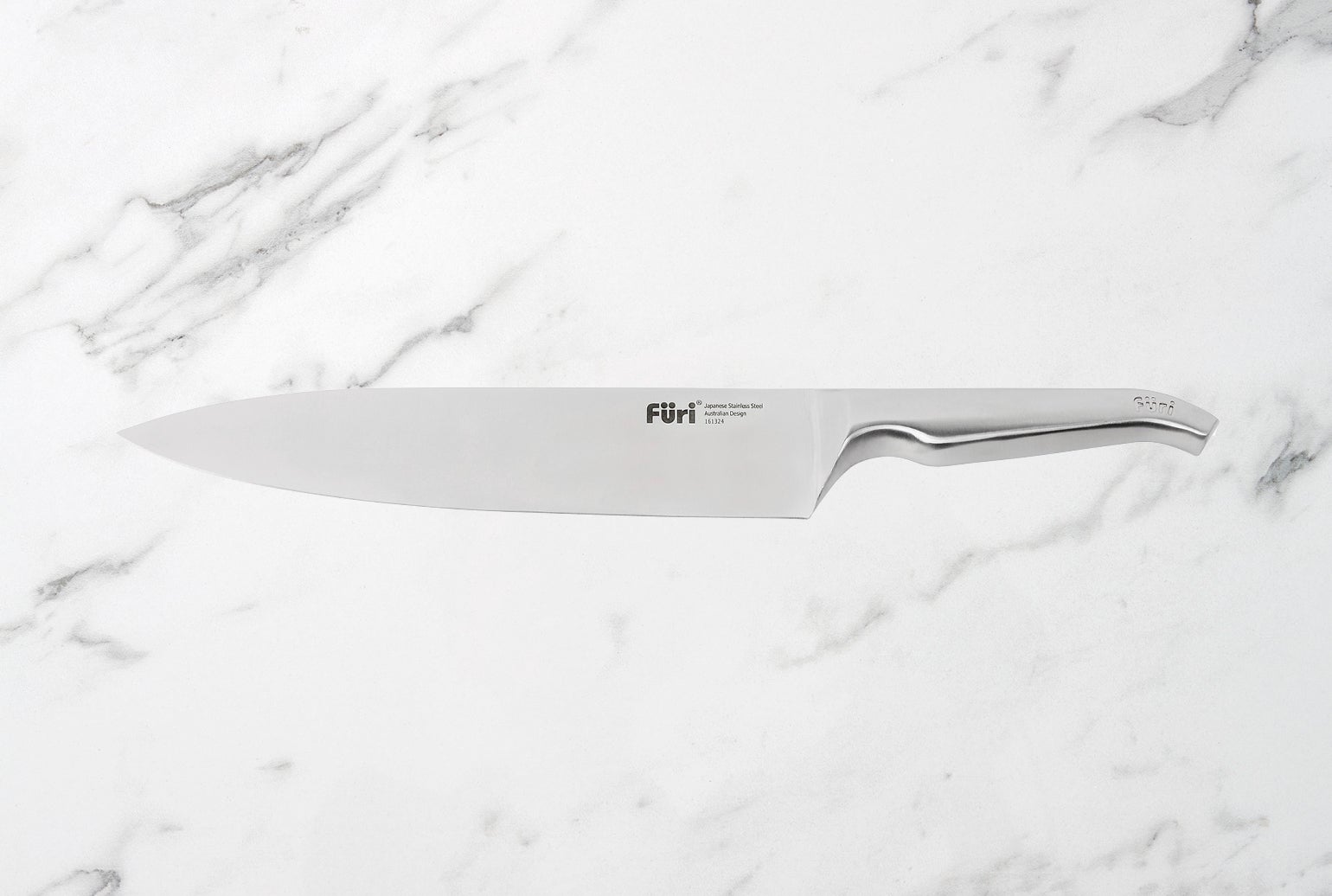
Chef's Knife
The chef's knife means business. The blade is longer than a cook's knife, giving it more leverage in the kitchen.
SHOP NOW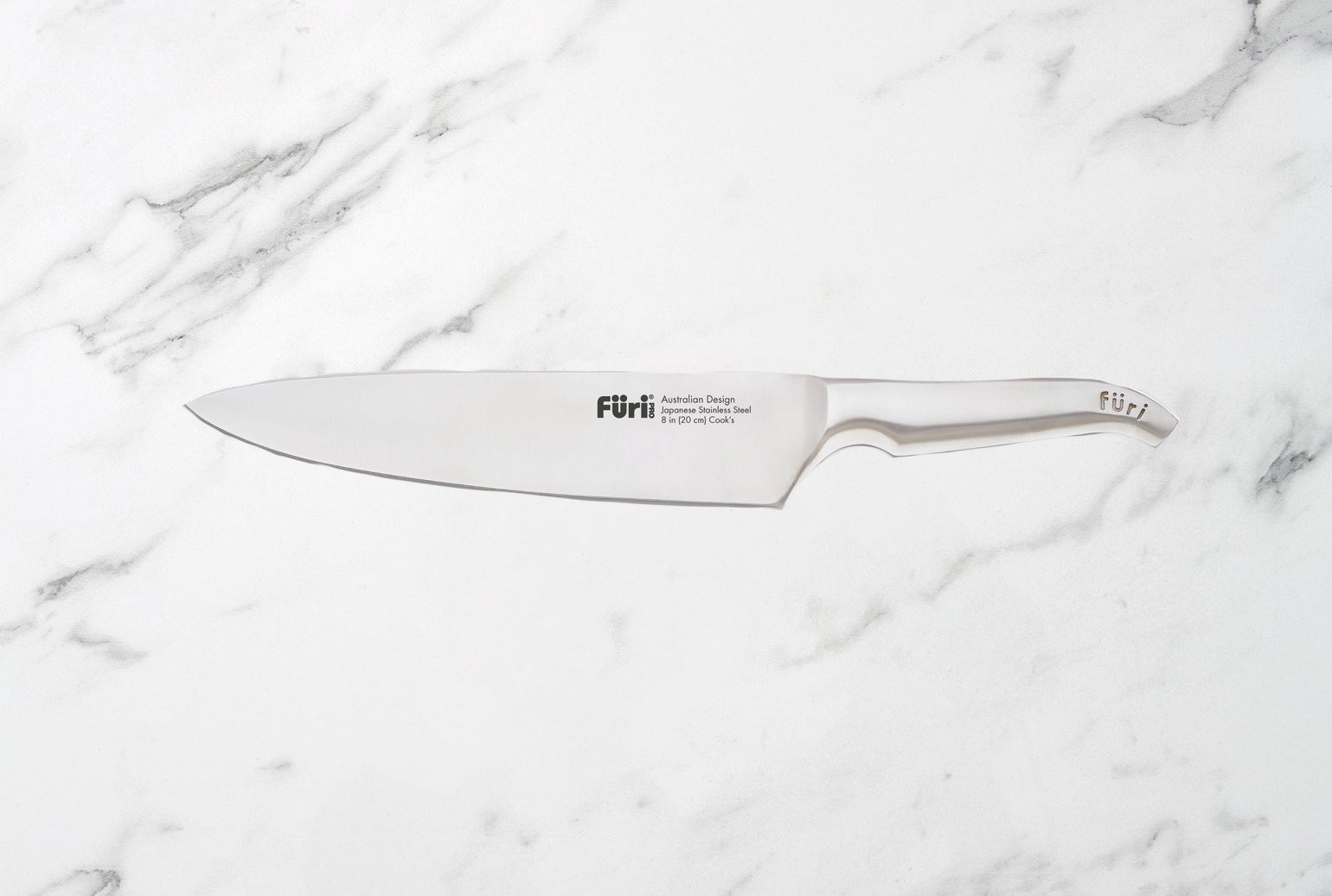
Cook's Knife
The workhorse in most kitchens, this knife is the cook's classic choice for chopping and cutting meats, making light work of even the heaviest of vegetables.
SHOP NOW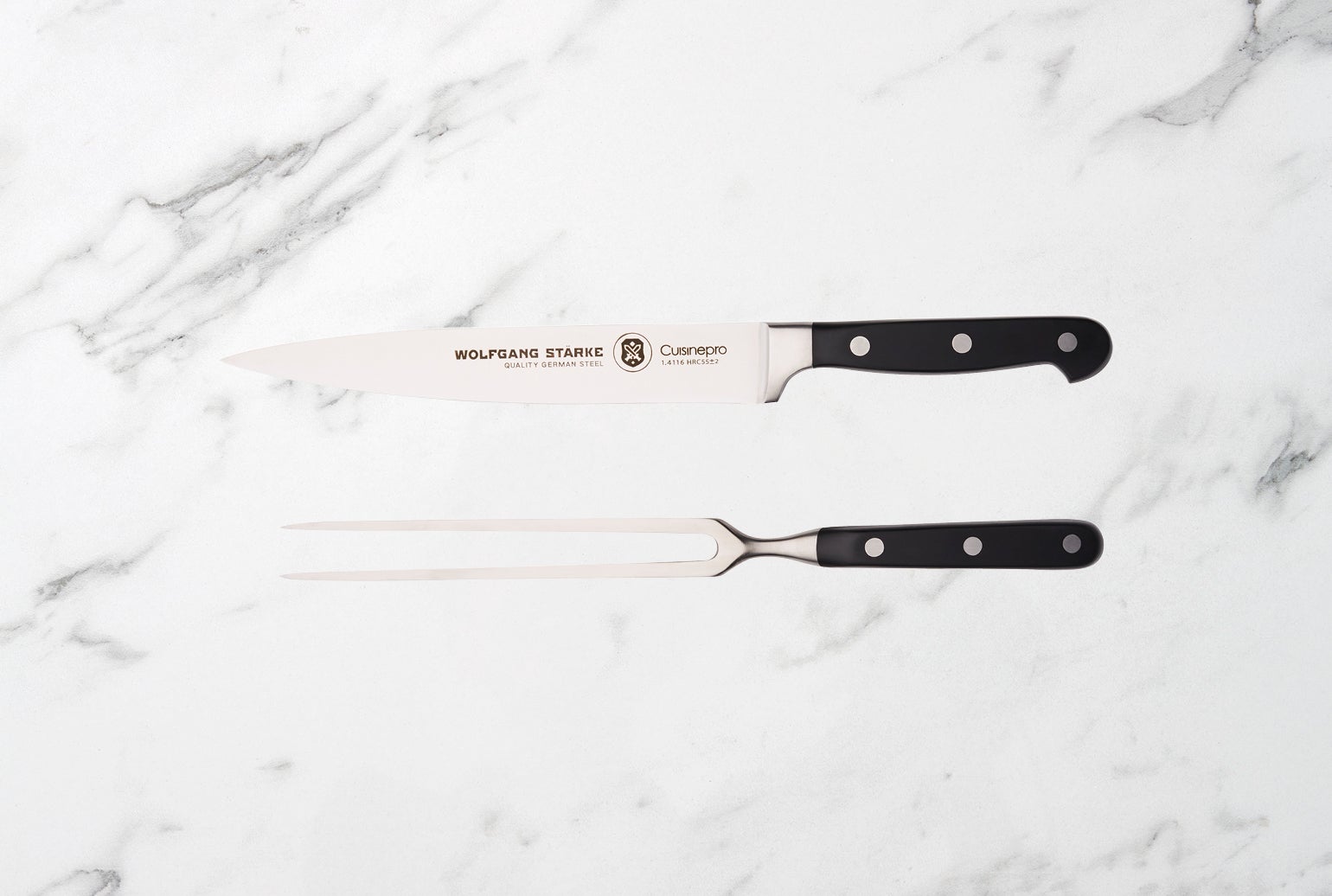
Carving Tools
With the length of a cook's knife and the distinctive narrower blade, you can carve poultry, ham and roasts with newfound precision & confidence.
SHOP NOW
